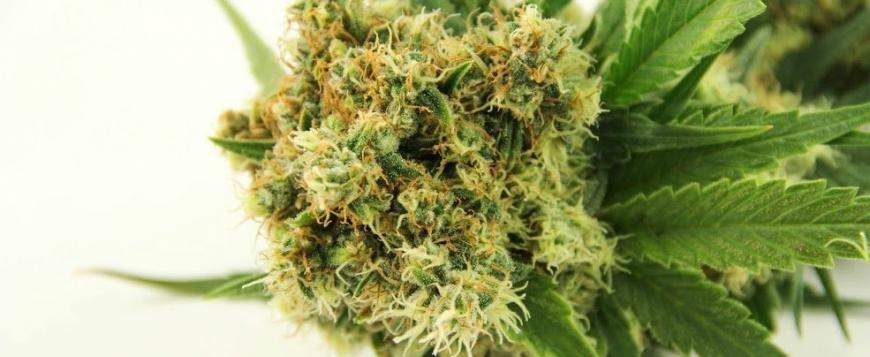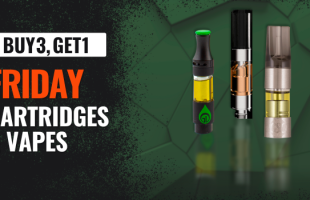Colorado Governor to Pardon at least 2,732 People Convicted of Cannabis Possession
Colorado Gov. Jared Polis plans to mass-pardon 2,732 convictions of low-level marijuana possession through an executive order Thursday after signing a bill earlier this year that gave him that authority.
“This really catches Coloradans up with where the law is today,” he told The Denver Post.
House Bill 1424, passed by the General Assembly earlier this year, included a provision that allows the governor to pardon those who have convictions on their criminal records for possessing up to 2 ounces of marijuana — the current legal limit for medical marijuana users.
Polis’ pardon, however, will only apply to convictions in state courts through 2012 of up to 1 ounce for recreational use, consistent with Colorado Amendment 64, passed by voters in 2012.
It will not apply to convictions in municipal courts or in other states.
The governor said his office worked with the Colorado Bureau of Investigation to sort through criminal histories and determine the exact number of eligible convictions. The total number of individuals who will benefit from the pardon was not immediately available because a single person could have been convicted on more than one charge.
Unlike programs in Denver and Boulder to expunge marijuana convictions, those eligible for the pardon will not have to apply. In the first six months of Denver’s program, fewer than 1% of the 13,000 people eligible successfully got their convictions erased.
Other states have taken action to address previous low-level convictions after marijuana legalization. Nevada, for instance, automatically pardoned more than 15,000, and California has adopted an automatic expungement process for certain marijuana convictions.
Minor marijuana offenses could stand in the way of people obtaining jobs, student loans or concealed-carry permits, Polis said.
“In addition to being symbolic, (the pardon) has real-life ramifications for people,” he said.
Anyone who wants to check if Polis’ pardon will apply to them can go to comarijuanapardons.com.
The pardon won’t expunge or seal records related to the convictions, according to the governor’s office. But the convictions will be removed from individuals’ public records, so if a member of the public runs a background check, a conviction won’t show up. It would still appear in law enforcement background checks but with a note about the governor’s pardon.
That’s the next goal for Rep. James Coleman, a Denver Democrat and one of the sponsors of House Bill 1424.
“Whether it’s one or a thousand (people), my focus is to figure out by the time I’m done in the legislature how we not only pardon these individuals but figure out how to expunge it off their records,” Coleman said.
He plans to look at more policies in the 2021 legislative session to address equity and opportunities for people to work in the cannabis industry.
The article was originally published on Denverpost.com






















